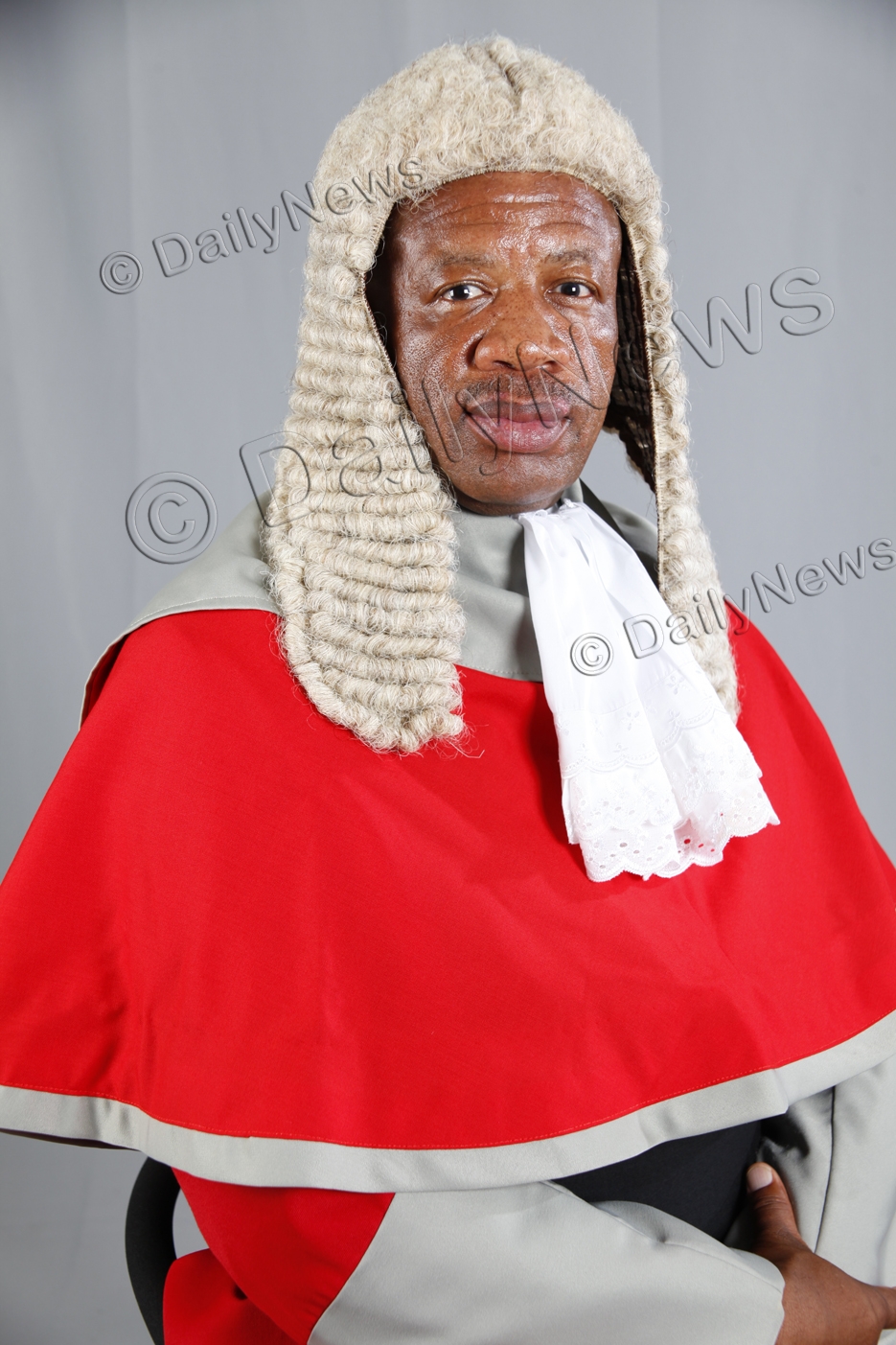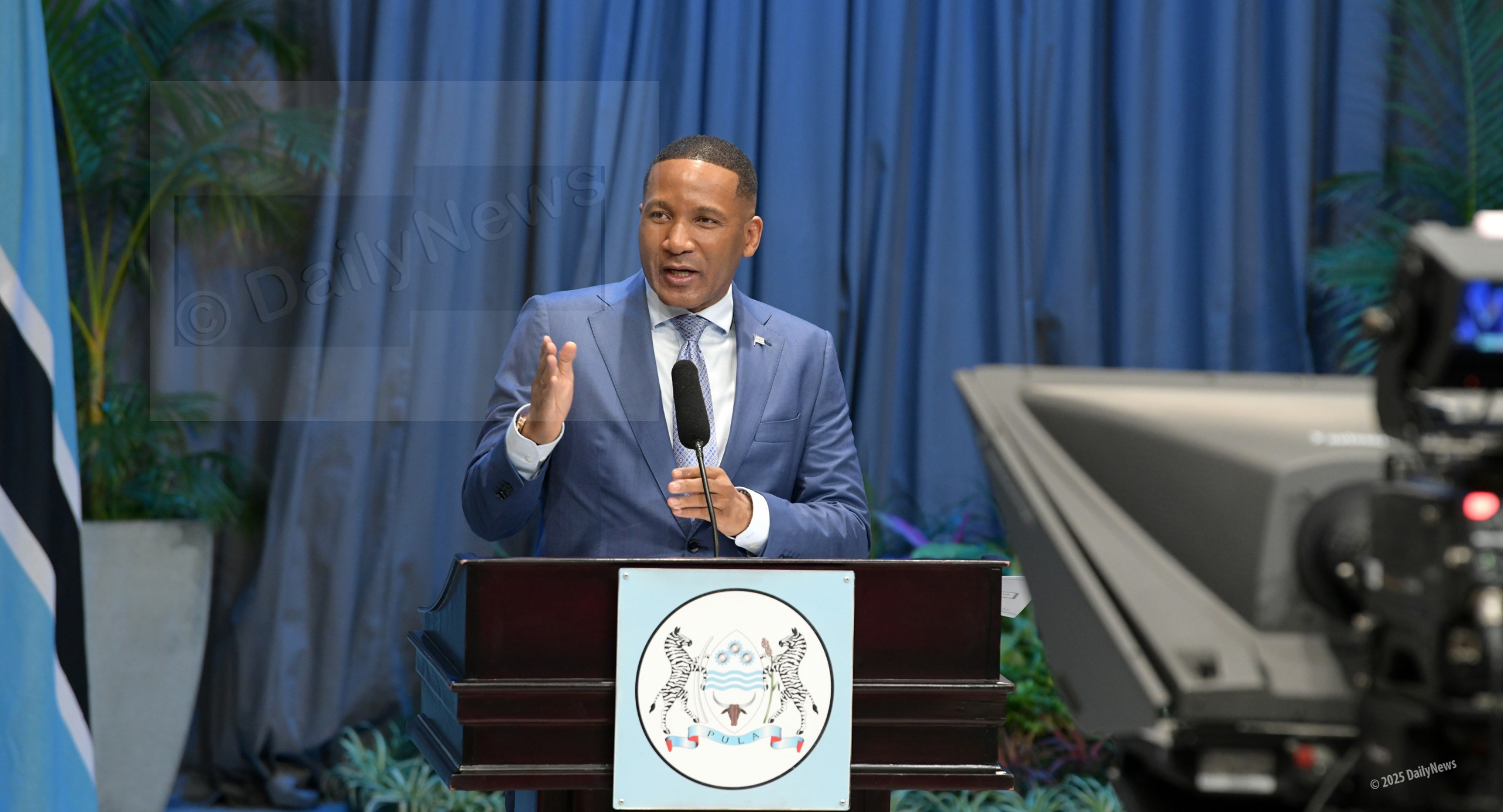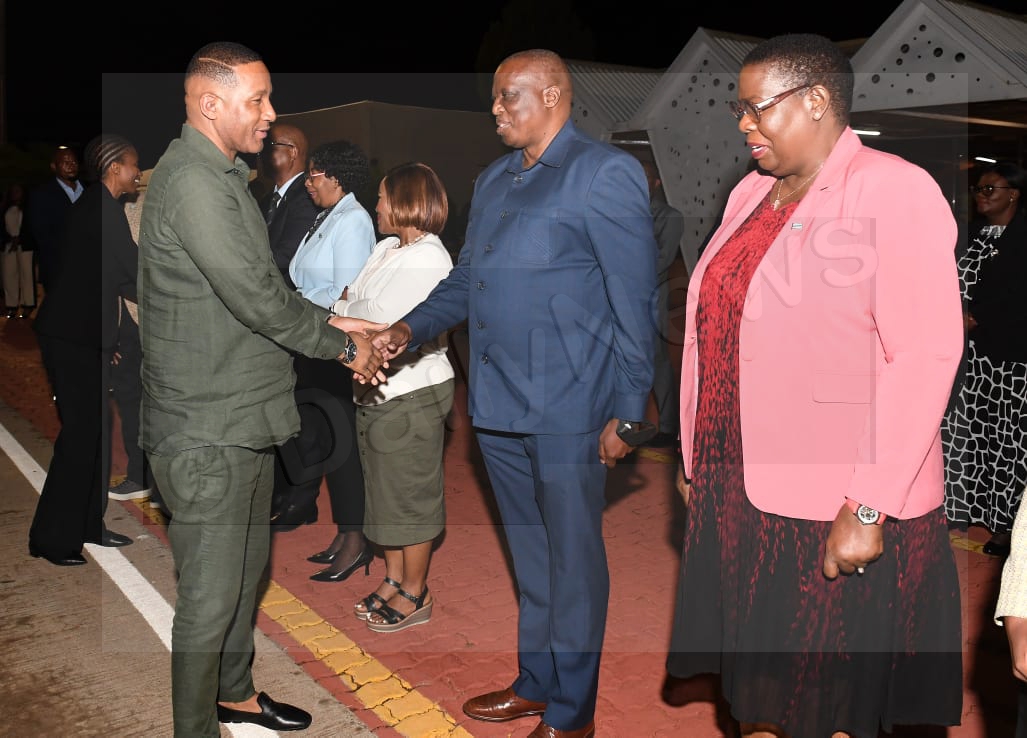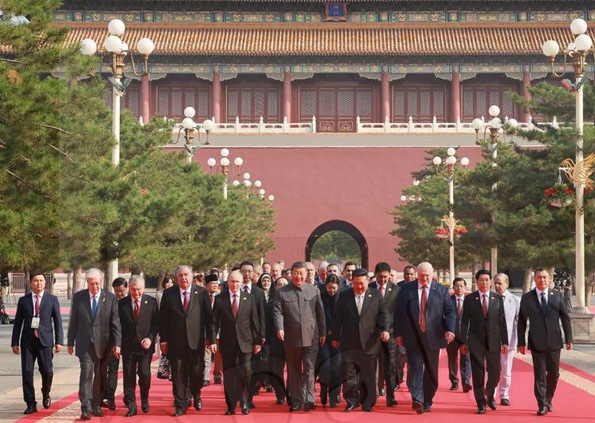Adultery law in the offing
16 May 2018
A judgement by Justice Lot Moroka of Francistown High Court on a marriage wrecking case advises that married couples should resolve their differences without the involvement of the courts.
This means that adultery can soon be relegated to the dustbins of the history in Botswana, should the country’s highest court on the land, the Court of Appeal, uphold the same judgement, which will only depend on the case being appealed.
At the time of going to press, the complainant, who was demanding a claim of P300 000 from his love rival, had not yet indicated if he would appeal the judgement.
In his May 2 judgement, Justice Moroka had ruled that adultery should be resolved at family level rather than involving the courts, as the conjugal rights are within the confines of marital enclave - hence adultery should be regarded as a private matter, not for the courts to decide.
This means that any person who commits adultery with married people is no longer at risk of being sued for damages by aggrieved parties to the marriages they interfered with as third parties.
“An adulterous claim is not constitutional and is not consistent with the morals of contemporary Botswana society,” Justice Moroka also said it was not fair to hold the defendant wholly responsible for the adultery when in fact the person doing the cheating is the spouse.
He had also said the obligation to be faithful belonged to the spouses and not the third party (in this case the love rival).
He also said the law was outdated and should be amended.
“It would be tragic for any court dealing with the issues of adultery and marital infidelity to look at the problem wearing 18th century goggles,” reads part of the judgement.
Many countries including the US, Britain and some African countries have repealed such laws as they also found them outdated and absolute.
In fact, adultery in countries such as the United Kingdom is used for getting a divorce while in the US, the law was struck down by courts as unconstitutional even though some states still claim that adultery is a criminal offence.
In Southern Africa, South Africa, Zimbabwe and Namibia have long abolished this law, citing the same reasons that there is no longer a place for edictal action for adultery in a modern legal system.
In Botswana, such cases have been better resolved by traditional courts (the customary courts and courts of arbitration) in line with the Customary Law because it has been assumed that traditional leaders have the right skills to administer justice.
However, the custodians of these cases being traditional leaders or dikgosi have reacted with mixed feelings to the judgement, with some saying that their powers have been betrayed.
Some believe that customary courts and courts of arbitration are there to promote reconciliation.
One of the first female traditional leaders and former Tatitown Court president, Ms Ludo Mosojane, who also happened to preside over such cases in a traditional court set up, explained that although the common law has its own view regarding adultery, the customary law will always remain relevant to protect the family entity.
A role model for women and girls in the community, Ms Mosojane explained that the Customary Law acts as a watchdog for the protection of the family institution, which is the nucleus of the community.
She said the Customary Law had its own values and objectives of doing things because there was something in the minds of the architects when they created the adultery law.
Ms Mosojane explained that although the Customary Law is not quoted, it contains certain values and morals to mould the society.
She was of the view that adultery is not only sinful, but it is also a criminal offence because it reflects badly on the family of the married person(s).
Ms Mosojane explained that all adultery matters are best dealt with at the traditional level, starting at family level, court of arbitration, customary court, up until it reaches Customary Court of Appeal and can only be referred to the High Court for evaluation.
Regarding the element of claim, Ms Mosojane explained that the whole purpose was not to get someone rich, as some people want it to be like nowadays, but to heal and promote reconciliation between the parties.
She said that is why at the customary level in the olden days, the rival would be required to pay a lesser amount or few heads of cattle and that one of the beast would be slaughtered at the kgotla for everyone to feed and make joy.
At the end, Ms Mosojane explained that adultery destabilises the whole family and society because it is a social misdemeanour.
Kgosi David Toto II of Tsabong also shared the sentiments with Ms Mosojane, saying the adultery law is still relevant in Botswana and that all cases of adultery must be handled by the customary courts, starting with the arbitration court up to the Customary Court of Appeal.
He also said in most cases, adultery cases should be resolved at family or arbitration levels and can only be taken to customary court or Customary Court of Appeal when they have not succeeded at the initial two stages.
However, Kgosi Toto II partly agreed with Justice Moroka’s judgement that one of the married persons is the one who should be held responsible for the offence.
He also said churches, as promoters of the marriage institution, must also be involved in handling adultery cases when they have failed at the customary courts.
However, another traditional leader, who prefered anonymity, but supported the judgement, said adultery is a sin and not a criminal offence and it should be handled by the churches as Jesus did. “ I think the church is better placed to handle cases of people affected by adultery because it is an institution that extends mercy.”
Meanwhile, a renowned human rights and divorce lawyer, Mr Uyapo Ndadi said the judgement is a welcome development as it touches base with reality.
“It has never made sense to me why a person who never took vows to be faithful to someone would be sued for marriage wrecking,” he said.
Mr Ndadi explained further that third parties do not impose themselves, if they do, they are allowed by one of the spouses.
“Even worse, sometimes third parties find a marriage that only exists on paper and it is unfair to accuse them of any wrecking,” he said.
It is now left to be seen whether or not the complainant in the matter will take his case to the Court of Appeal. ENDS
Source : BOPA
Author : Thamani Shabani
Location : FRANCISTOWN
Event : Interview
Date : 16 May 2018








